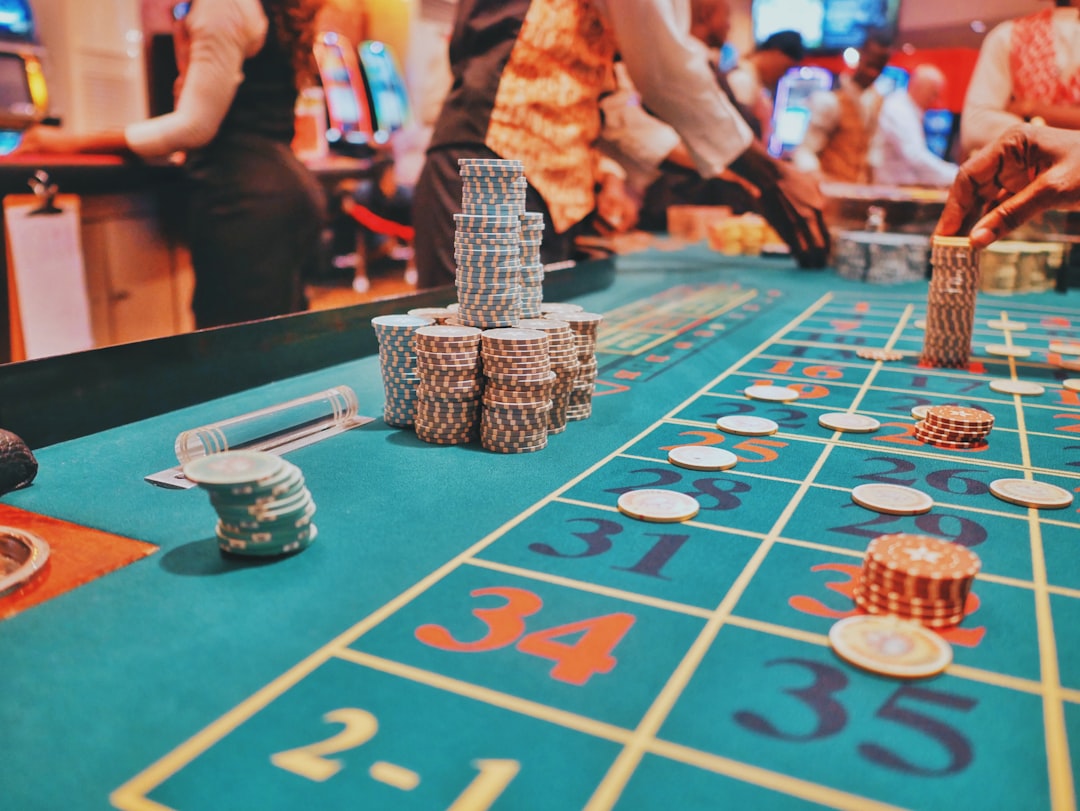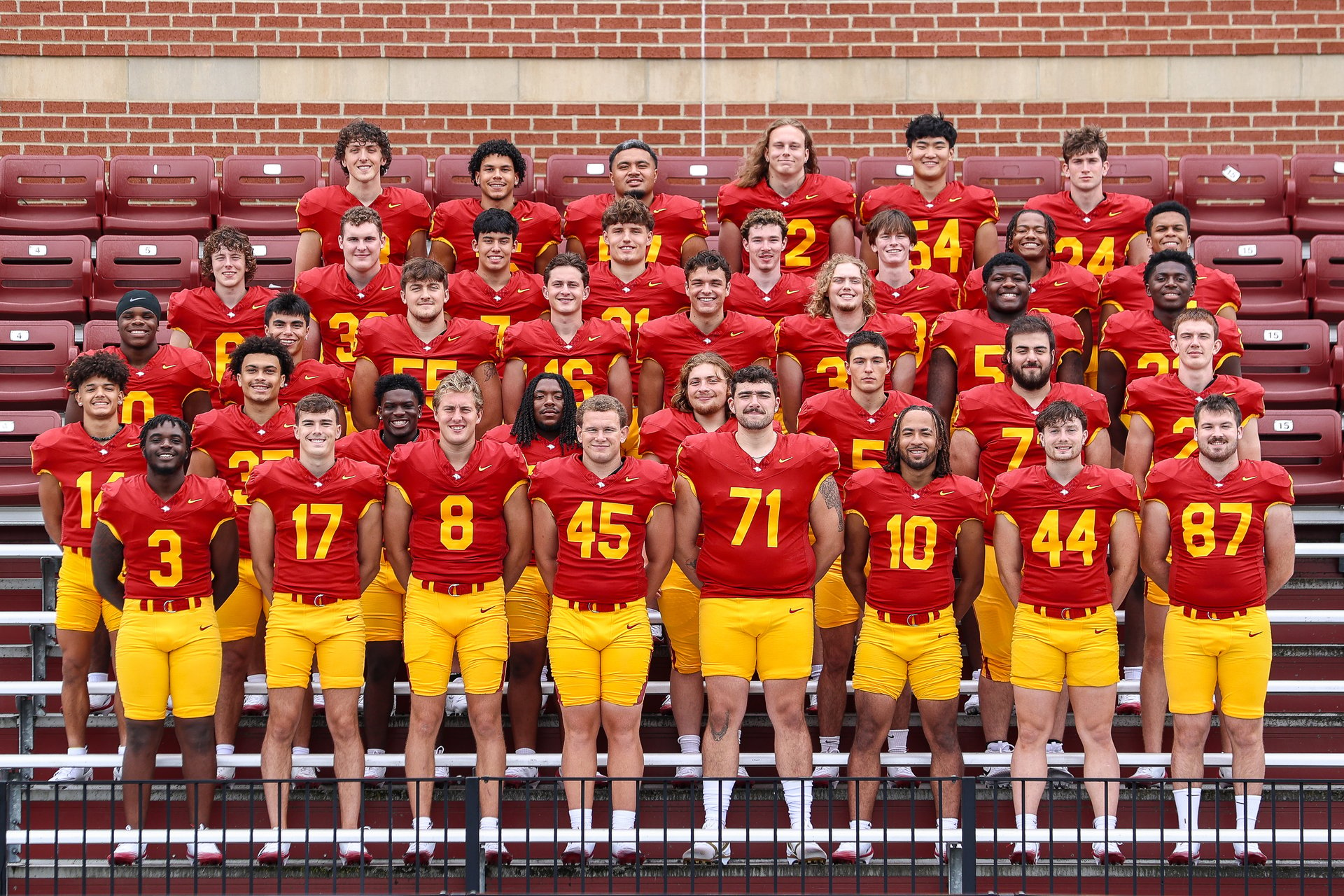Good morning, and thanks for your continued support of Extra Points.
As I understand it, broadly speaking, sports gambling scandals involving athletes or coaches typically fall into one of four groups.
At the top, you have individuals leveraging insider information for personal gain. That could mean a situation similar to former Alabama baseball coach Brad Bohannon giving a friend injury information so he could place huge bets…a caper that Bohannon apparently approached with all the subtlety of playing Operation with C4 explosives.
But it could also mean a trainer, or backup, or random student, could tip somebody else off that a player is in a walking boot well before a game. Industry experts have told me those kinds of conversations are rampant, and in a world without public injury reports, institutional gamblers often know the injury status of key players well before the public.
Then, you could have an example of players outright throwing a game on behalf of gambling interests, like the Chicago Black Sox of 1919. I’ve been told that while this does sometimes happen in other sports (like tennis, boxing and soccer), it’s very rare in the United States. After all, fixing a game takes the participation of several players, requires them to suppress all of their competitive interests, and take great personal risk. In team sports, this is a very difficult maneuver to pull off.
But you don’t need players to completely throw a game to benefit gamblers. You could also have “point shaving”, or when players deliberately perform poorly as to fail to cover a point spread. This has happened in college sports (Arizona State in 1994, Boston College in 1978, CCNY in 1950, and elsewhere), and will probably happen again.
But gambling integrity experts are more sophisticated now than they were in the 1990s (and certainly the 1950s), and it isn’t easy to successfully shave points. I’m told outfits typically try to focus on basketball (where there’s more scoring and a single individual can influence the score more easily than, say, football), but that a successful operation typically requires multiple athletes to buy-into the scheme. It also doesn’t have a 100% success rate for the gamblers…sometimes, even if players are trying to shave points, their team beats the spread anyway.
But there’s one way that gamblers could put their thumbs on the scale that doesn’t require widespread athlete participation. There’s prop bets, where a bettor can get odds on whether a particular athlete will do a certain thing (score X number of points, get Y rebounds, etc.). An athlete could decide to deliberately perform poorly to make sure that bettors who took the “under” won their bet…and they wouldn’t need three of their teammates to help them do it.
That’s what the NCAA is especially concerned about. They want to take action…with a plan that will not only test the organization’s limited influence with federal lawmakers, but should cause everybody to wonder about the relationship between gambling and sports…and if any toothpaste can get shoved back into the tube.


















